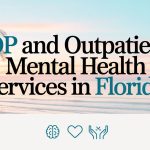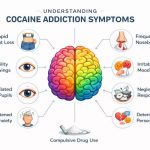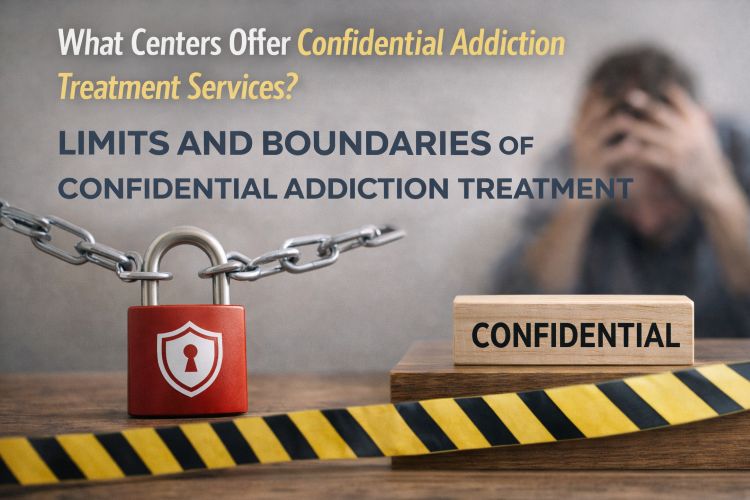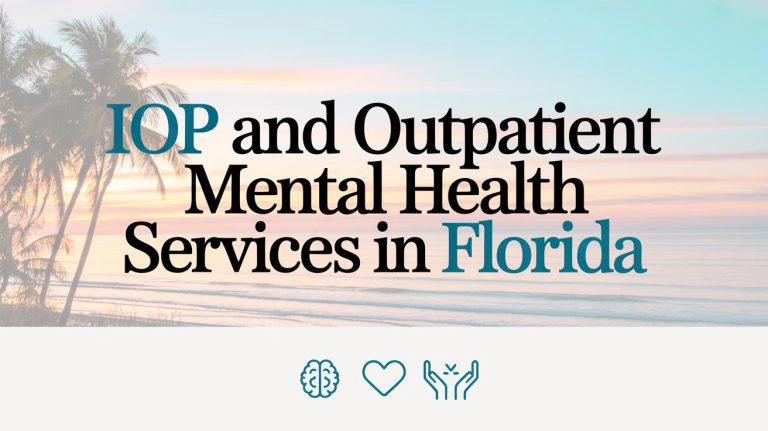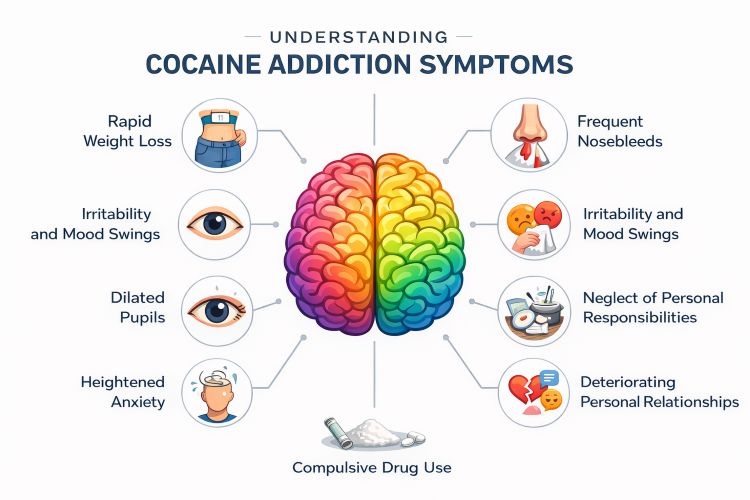Trauma is a common phenomenon that may have severe and persistent consequences on the mental health of a person. Whether it’s the result of abuse, a disaster, or even the death of a close friend or family member, trauma affects people’s lives in ways that are both visible and invisible. Learning about the effects of trauma on mental health is important for the process, and fortunately, there are ways to recover through professional trauma therapy and self-care.
What is Trauma?
Trauma is a psychological reaction to a stressful event or several events that are beyond the individual’s capacity to manage. It is of different types and may include physical, emotional, or psychological effects, It can be caused by events like accidents, assaults, natural disasters, or even the death of a family member. Trauma can be either a single event or cumulative, the latter occurs over time due to exposure to stressful situations. Complex trauma, which is usually the outcome of chronic and multiple traumas, can be especially destructive to the individual’s sense of self and ability to trust others.
Trauma can be defined as an event that can cause harm to an individual and whatever the cause, trauma can have far-reaching effects. It is not only psychological but can also be physical; it can leave one scarred not only in the mind but in the body as well, affecting health in general.
How Trauma Affects Mental Health
Neurological Impact
The brain’s response to trauma is rooted in survival mechanisms. In the case of trauma, the brain enters fight, flight, or freeze mode as a way of protecting the body. The amygdala, which is linked to emotion, becomes overactive; the hippocampus, which is related to memory, may change how memories are encoded. This can lead to fragmented or distorted recollections of the traumatic event.

If the trauma is not addressed and gets stored in the body, such changes become habitual and result in long-term consequences for the brain. It is also implicated that the prefrontal cortex, which is associated with decision-making and regulation of behavior, may be damaged, thus making them unable to cope with stress and emotions.
Emotional and Psychological Impact
The effects of trauma can be emotional and psychological and they can be severe and long-lasting. Trauma can cause various mental health disorders, including but not limited to PTSD, anxiety, and depression. A person can have flashbacks, nightmares, and intrusive thoughts about the incident, and this makes it tough to transition to the next phase in their life.
Beyond these symptoms, trauma can also impact self-esteem, relationships, and daily functioning. All the mentioned symptoms are common in cases of trauma, as the victims may feel shameful, guilty, and worthless. They may avoid other people and feel that they cannot be accepted or understood, and they might have problems with trust, even if they are in a safe and caring environment.
Physical Impact
Trauma is not only mental. It is now well understood that trauma is linked to a variety of physical health problems. Some of the symptoms that are associated with trauma include persistent pain, poor sleep quality, and issues with the digestive system. This is because the stress response that is constantly activated in a person’s body due to hyperarousal weakens the immune system and puts the person at a higher risk of falling sick.
Moreover, trauma survivors may engage in harmful behaviors as a way to cope with their distress. These can range from substance abuse, eating disorders, or self-harm, which has adverse effects on the body.
Recognizing Signs of Trauma-Related Mental Health Issues
Recognizing the signs of trauma-related mental health issues is the first step toward healing. Some of the most frequent signs are hypervigilance, flashbacks, emotional numbness, and efforts to stay away from things that remind the person of the traumatic event. It may also present less obvious problems, for example, problems with memory and focus, easily getting frustrated, or just feeling on edge.
What has to be understood here is that trauma can present differently when it comes to children and adults. Some children may go back to earlier stages of development, seek more attention, or act out. On the other hand, adults may avoid social contact, have difficulty with work or family, or have rapid mood changes.
It is therefore important to make sure that the trauma is detected at an early stage so that it is easy to treat. If you or your friend are experiencing some of the symptoms associated with trauma-related mental health issues, then it is advisable to consult a professional. Psychotherapy for trauma can help the patient gain coping mechanisms and a helping hand to work through the trauma.
Healing from Trauma
Therapy and Counseling
Psychotherapy is one of the primary ways to deal with trauma. Trauma therapy, for instance, is meant to assist clients in organizing and interpreting their thoughts in a secure setting. Cognitive therapy (CBT) is one of the most common forms of therapy, aimed at helping patients change their negative thought processes and behaviors. Another type of trauma therapy is called Eye Movement Desensitization and Reprocessing (EMDR), which assists in the reprocessing of the traumatic memory and thus decreases the intensity of emotions elicited by them.
Somatic experiencing is another technique that is based on working with the body and its responses to trauma and can be very effective for releasing the physical aspects of trauma, as well as the emotional ones. Finding a good trauma therapist is therefore very important since the therapist should be in a position to offer the right trauma therapy that fits your situation.
Building Support Networks
Healing from trauma is not something that should be done in isolation. It is therefore important to ensure that one has a strong network of people who can support him or her in the process of recovery. The psychological support required when going through the healing process of trauma can be obtained from friends, families, and support groups.
If you do not have support, then try to find groups or pages on social media where other people with similar situations can be found. Telling your story and listening to other people’s can be a way to alleviate feelings of loneliness and gain fresh insight into the process of recovery.
Self-Care and Coping Strategies
Apart from professional trauma treatment, some other ways and methods involve self-help and ways of managing the situation. Other methods, including relaxation techniques like meditation, and yoga, among others, can help calm the mind and body, reducing the symptoms of trauma. Other important strategies include regular exercise, a balanced diet, and ensuring that one gets enough sleep.
Hobbies and other activities that are creative and expressive can help one express his or her feelings and let out the stress. These activities provide an opportunity for you to express yourself and your feelings in a way that does not involve the use of words, which can be quite helpful if you have been a victim of trauma.

Trauma has a profound impact on mental health, but healing is possible. Through trauma therapy, building supportive relationships, and practicing self-care, one can gain control of life. Remember, recovery is a journey, and it’s okay to take it one step at a time.
If you’re ready to take the next step toward healing, we welcome you to visit our trauma therapy program at Orlando Treatment Solutions. We are here for you and, with the help of our highly qualified staff, you will be able to overcome the difficulties on the way to recovery. There is no time to waste—pick up the phone and call us at (321) 415-3213 to begin a better, healthier future.








